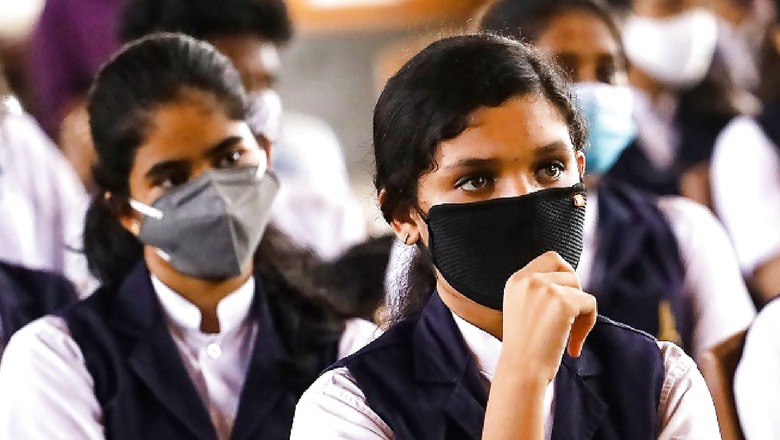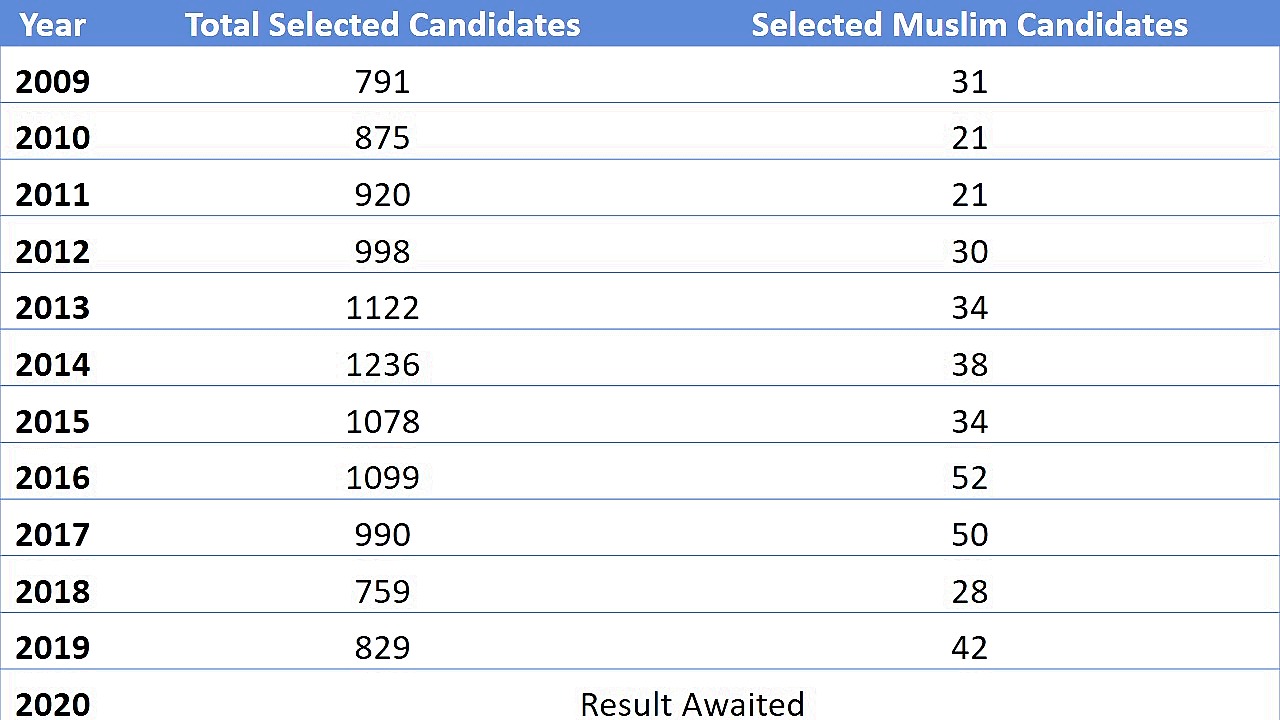
views
The applicants know what is at stake. Their families and many in their community are looking up to them as they prepare to take the UPSC’s Civil Services Examinations scheduled for October. For these young Muslims, it is a special challenge.
The focus of the 50-plus aspirants attending the coaching classes at IAS and Allied Coaching and Guidance Cell, run by the Centre’s Haj Committee of India (HCI) in Mumbai, is unwavering. News18 interacted with some of them over the phone.
Saad Shaikh of Mumbai told us that he is taking the civil services exam for the third time. He got his engineering degree in 2018 and moved to New Delhi to receive coaching for the Civil Services Exam. He did not qualify in 2019 and 2020. His father is a taxi driver and his mother is a housewife. His brother recently completed a mechanical engineering course and is now working with Swiggy in Mumbai.
Another aspirant from Aurangabad, Saalim Habib, is also attempting the exams for the third time. Saalim belongs to a middle-class family. Speaking to News18, he said that his father is a religious teacher, his mother a housewife, and his brother recently completed his B.Com course and is running a business in Aurangabad.
Saalim Habib said that many Muslim candidates are preparing hard for the Civil Services test. These aspirants not only aim to qualify but secure top ranks.
According to Saalim, many Muslim candidates have to overcome an inferiority complex. He reminded that in 2019, Junaid Ahmad, who hails from Bijnor, cleared the UPSC exams. Seeing his success and that of other candidates from the community in the past, now many Muslim aspirants are aiming to crack the test.
The prestigious Civil Services Examination conducted by the Union Public Service Commission is for recruitment in the higher civil services of the Government of India. And data shows slight growth in Muslim candidates in recent years.

Muslim educationists and experts say that there is an improvement in the outlook of the community and it has managed to bring the Muslim representation every year to around 5 per cent. However, is it not very encouraging as they comprise about 15% of the population.
Zafar Mahmood of the Zakat Foundation of India said that since Independence the figure was stuck at around 2.5 per cent for a long time. However, since 2016 the success rate of Muslim aspirants rose to 5 per cent.
Scholar, journalist and former chairman of the Delhi Minorities Commission Zafarul Islam Khan said that Muslim success rate is not up to the mark. He explained that considering the population share, more than 150 Muslim candidates should clear the test in a year.
Young IPS officer and DCP Zone-1 of Nagpur City Police Noorul Hasan said that UPSC aspirants should be focused on their goals. While speaking over the phone, he said that candidates who want to crack the UPSC Exams can find useful material on the internet. Hasan who hails from the town of Pilibhit in Uttar Pradesh, and secured the 625th rank in UPSC CSE-2014, said, “There is no discrimination; never get demoralised by failures as the Civil Services Exam is a test of patience and self-confidence.”
Status of school education
Indian Muslims have been the most educationally backward community in the country considering their population. Proportionate to other communities in India, Muslims have the lowest enrolment rate from elementary level to higher education and available data proves this.
The NSS 75th round report Educational Statistics at a Glance, 2018, reveals literacy rates of various socio-religious groups in the country, and it shows that 80.6% of males and 68.8% of females are literate. The report also mentions that the gross attendance ratio (GAR) of Muslim communities is 100.1% at primary levels. However, the Hindu and Christian communities have a GAR of 102.2% and 104.5% respectively.
In the past, the Sachar Committee found that Muslims are unable to get quality education and their educational backwardness is worse than that of Scheduled Castes (SCs), Scheduled Tribes (STs) and Other Backward Classes (OBCs). The committee also pointed out that in 2004-2005, the recorded literacy rate was no higher than 60% for the Muslim community.
However, the situation of Muslim education in India is showing some improvement in the primary and elementary levels. When News18 contacted prominent educationist and president of Maharashtra Cosmopolitan Education Society in Pune Dr PA Inamdar, he said that the Muslim community has seen improvements in education in the past few years. He says that more than 70% of the girls in the community are studying in schools and colleges. However, it is still the lowest figure proportionate to other communities in India, he added.
Lack of qualified and trained teachers
Officials working with the ministry of education told News18 that they are facing an acute shortage of qualified and trained teachers in many states. Dr Inamdar also accepted that the schools need more teachers. He said that the Maharashtra Cosmopolitan Education Society is trying to train more teachers in technical and computer education. “We will conduct training camps for the teachers of 50 schools from all over India,” he added.
Dr Inamdar said that Indian Muslims are playing an important role in nation-building and through education they can reach greater heights. There is no need for an inferiority complex among Muslim students, he said. Dr Inamdar pointed out that by using current technology, the Muslim community can improve its performance in higher education.
Lowest representation in higher education
According to the recent All India Survey on Higher Education Report 2019-20 (AISHE-2019-20), a total of 38.5 million students enrolled in higher education in the country. This includes 14.7% students from Scheduled Castes, 5.6% from Scheduled Tribes, 37% from Other Backward Classes, 5.5% from the Muslim community and 2.3% from other minority communities. In 2018-19, 5.2% Muslim students enrolled for higher education in various universities and colleges in India.
Well-known economist and professor at MCRHRD Institute of Telangana Amirullah Khan said that Muslim students are enrolling in greater numbers in primary and upper primary education but the drop-out figure is high in secondary and higher education.
Khan also served as a member of the Commission of Inquiry on Socio-Economic and Educational Conditions of Muslims in Telangana in the past. While speaking with News18, he pointed out that the Telangana Sudhir Commission Report had revealed that Muslims are marginally better off in comparison to other communities in primary and upper primary education. But the numbers change in higher education. The drop-out figure is very high among Muslims and, when it comes to higher education, Muslim participation is abysmally low. There are many reasons for discontinuing education, according to experts: the most prominent being poor financial condition.
Read all the Latest News, Breaking News and Assembly Elections Live Updates here.




















Comments
0 comment